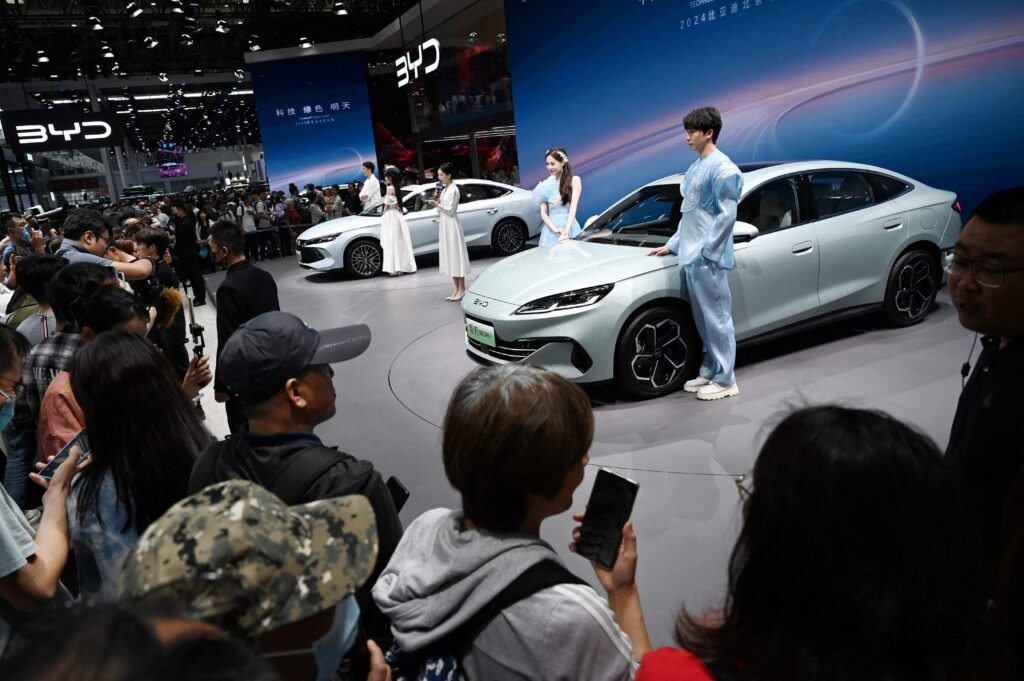The country is aiming for technological self-sufficiency, financial stability and global leadership in an era of economic transformation and geopolitical competition
CHINA’S economy is undergoing a profound transformation under President Xi Jinping’s leadership, shifting away from an investment-driven growth model that relied heavily on real estate speculation towards a sustainable, high-tech and innovation-based economy. This transition is a response to structural challenges such as an ageing population, geopolitical pressures and economic resilience concerns. The goal is to position China as a global leader in key strategic industries, including electric vehicles (EVs), renewable energy, artificial intelligence (AI) and quantum computing.
At the core of this transformation is the redirection of China’s massive savings into reformed stock markets and long-term industrial upgrading – what Xi calls “patient capital”. The shift represents a significant evolution of China’s social contract, moving beyond a simple growth-for-stability model towards self-sufficiency and technological advancement. By reforming China’s financial system to fund high-tech growth, encouraging public-private collaboration to foster innovation, adopting market-driven competition to create globally competitive firms, and strengthening national self-reliance in critical technologies, Xi’s vision marks a fundamental reorientation of China’s economic trajectory.
The real estate bubble and its aftermath
For decades, China’s property market served as the primary engine of economic growth and household wealth accumulation. However, excessive speculation and overinvestment led to a property bubble that peaked in 2022, triggering a prolonged economic slowdown. China’s economic overreliance on real estate resulted in local governments depending heavily on land sales for revenue, banks extending massive loans to developers and homebuyers, and households investing the majority of their savings in property. The bloated real estate sector absorbed excessive financial resources at the expense of more productive industries.
Share with us your feedback on BT’s products and services

